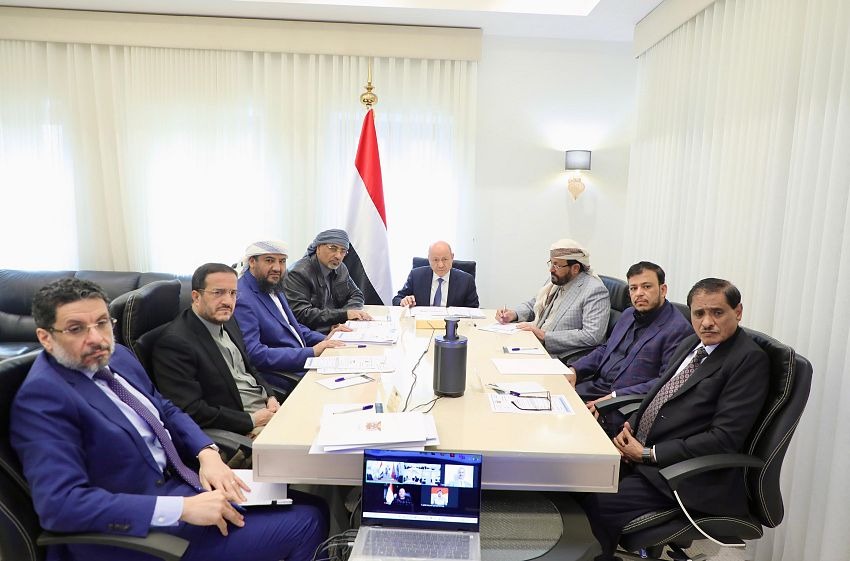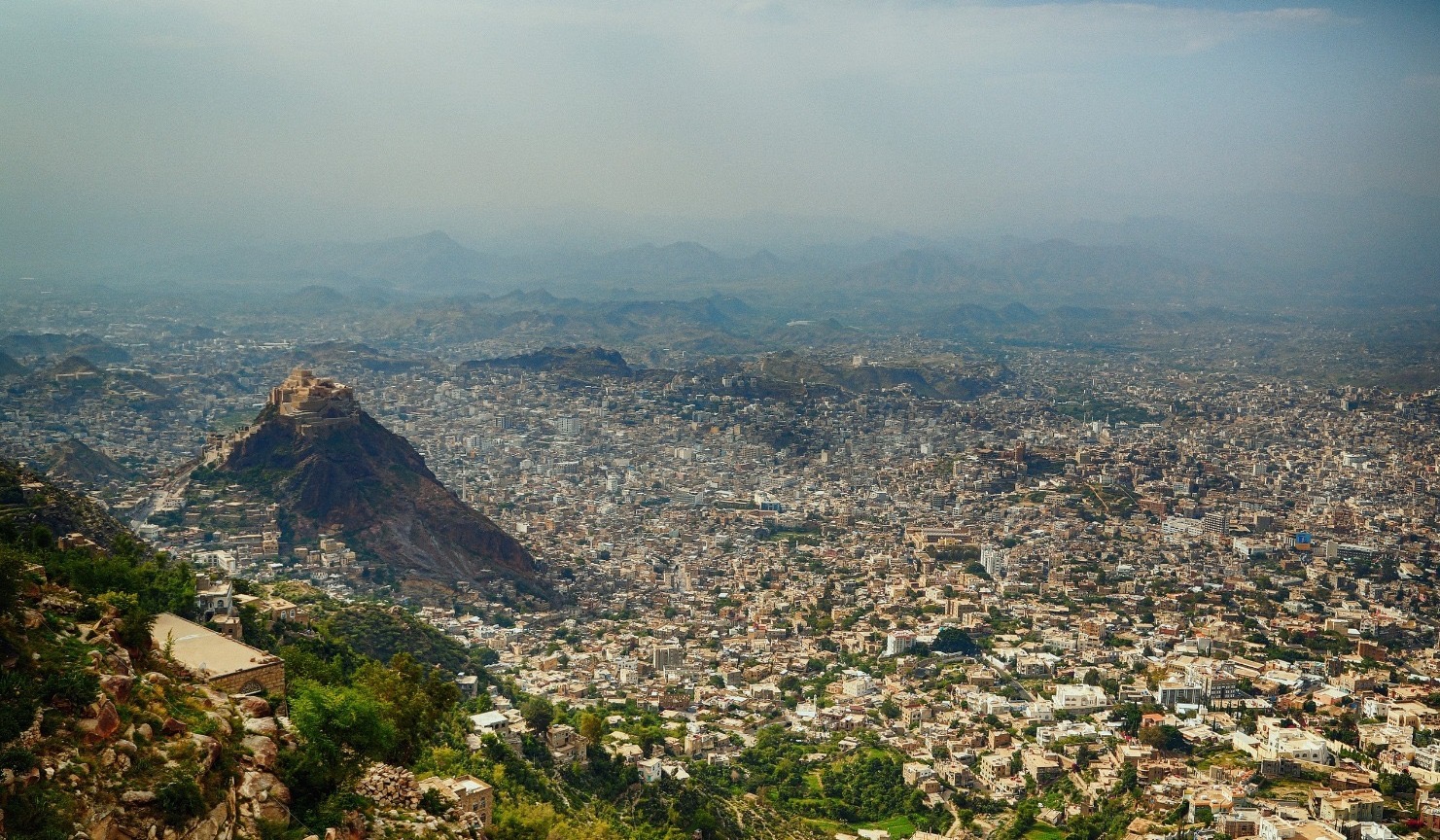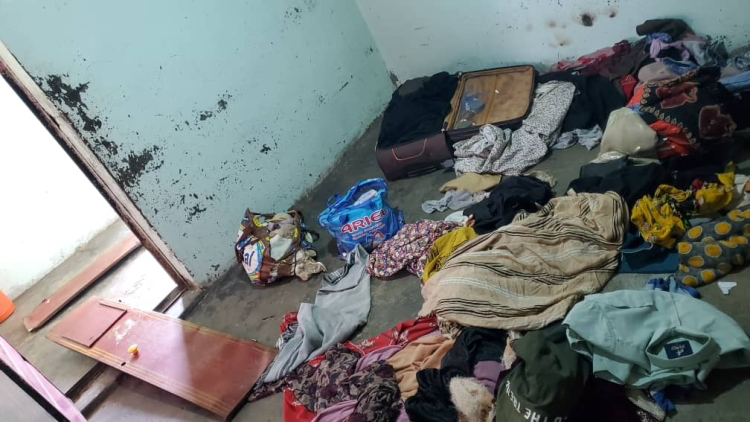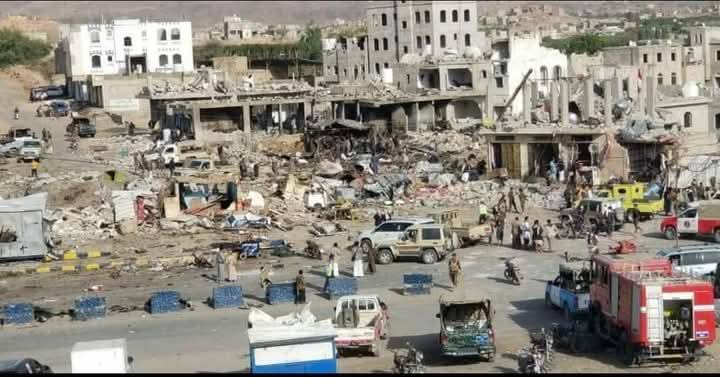
Barran Press
On December 24, 2024, Yemen’s Presidential Leadership Council convened to assess military readiness across various fronts, as intense diplomatic activity unfolds in Riyadh, signaling a potential military operation aimed at liberating Sana’a and ending the Houthi insurgency.
According to the state news agency Saba, the council, led by Rashad Al-Alimi, received a report from Defense Minister Gen. Mohsen Al-Da’iri and Chief of Staff Gen. Sagheer Bin Aziz regarding the military situation and troop preparedness.
The council commended the "high vigilance" demonstrated by the armed forces in their firm response to Houthi attacks, which are backed by the Iranian regime.
During the meeting, the council emphasized the need to fully restore state institutions in Aden, the declared temporary capital, and in liberated provinces. They highlighted the urgency of addressing economic and service issues while strengthening anti-corruption efforts, improving revenues, and reducing expenditures.
Additionally, the council listened to a report from Foreign Minister Ahmed Bin Mubarak on economic performance indicators and institutional reforms aimed at enhancing government effectiveness amid ongoing challenges.
The council urged the government to ramp up humanitarian efforts, facilitating the work of relief agencies and ensuring their access to local communities. They stressed the need to expedite the restructuring of the Supreme Relief Committee and establish a national body to care for the wounded and families of martyrs.
The council reiterated the importance of reinforcing anti-corruption mechanisms, including restructuring the Central Authority for Auditing and Control and forming a high committee for bids and tenders in accordance with existing laws.
Meanwhile, fighting has escalated in several fronts, particularly in Taiz, where the Houthis are intensifying efforts to seize military positions, despite ongoing discussions of a ceasefire across the country.
Recent diplomatic activity in Riyadh has involved separate meetings between the council members and ambassadors from the U.S., U.K., and France, as well as the commander of the Arab coalition supporting the internationally recognized Yemeni government.
This diplomatic push follows recent setbacks for Iran in Syria and Lebanon, raising hopes among Yemenis for a similar outcome that could lead to the overthrow of Houthi control with minimal costs, especially after Iran's losses in Lebanon and shifts in influence in Damascus.
A government source told "Barran Press" that the significant decline of Iranian influence and its regional proxies has created new dynamics in the Middle East, particularly concerning Yemen and Iraq, which are poised for potential escalations aimed at dismantling Houthi dominance in Sana’a and Shiite militia control in Baghdad.
The source indicated that major movements in these two files are expected to unfold between the end of the Biden administration and the beginning of the anticipated Trump administration in late January, noting that international and regional efforts are actively underway.
This military, intelligence, and diplomatic initiative, the source added, is nearing completion in Yemen, likely accompanied by air operations targeting military capabilities and key leadership figures to deter Houthi and Popular Mobilization Forces from threatening international interests in the Red Sea.





